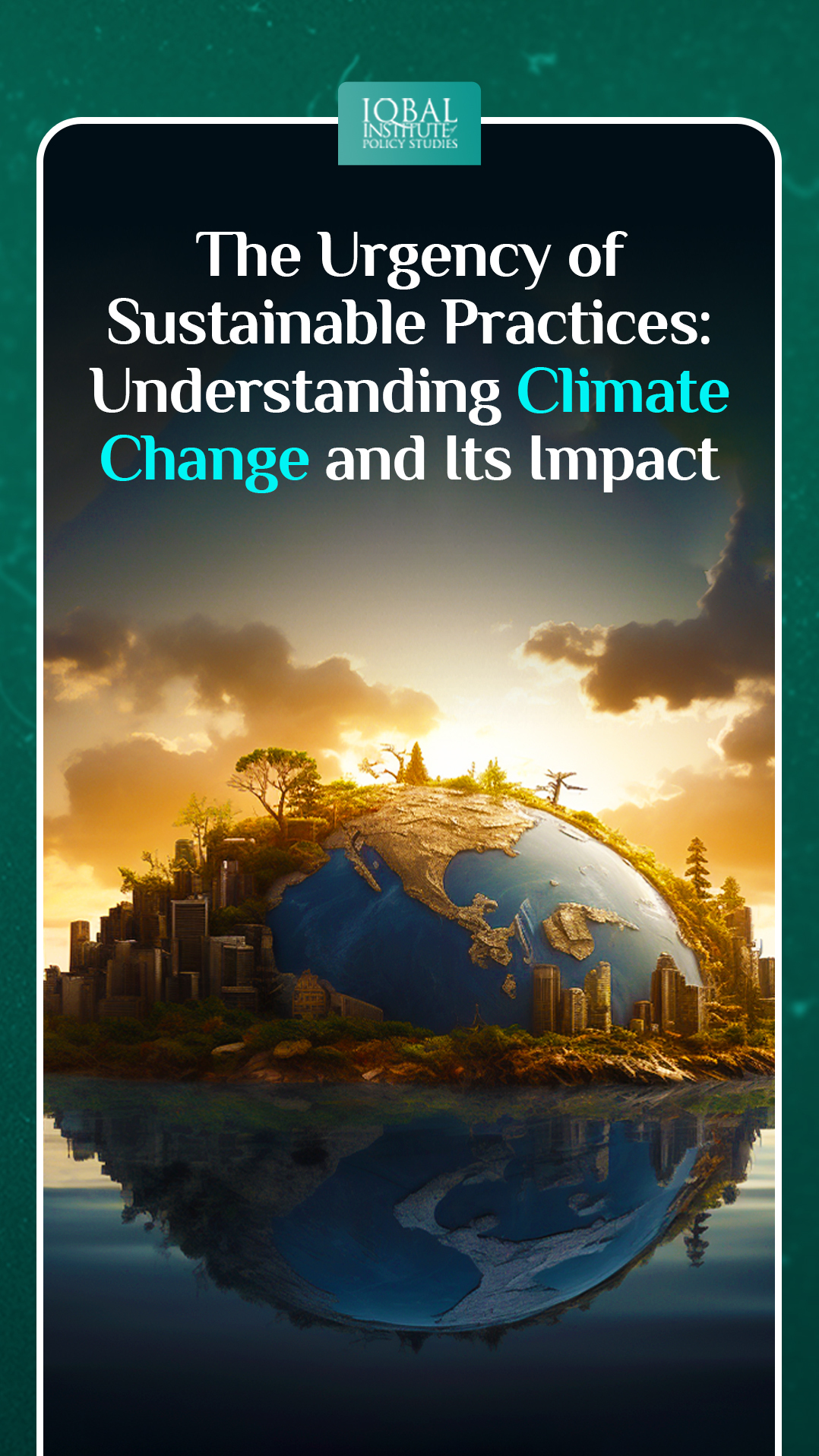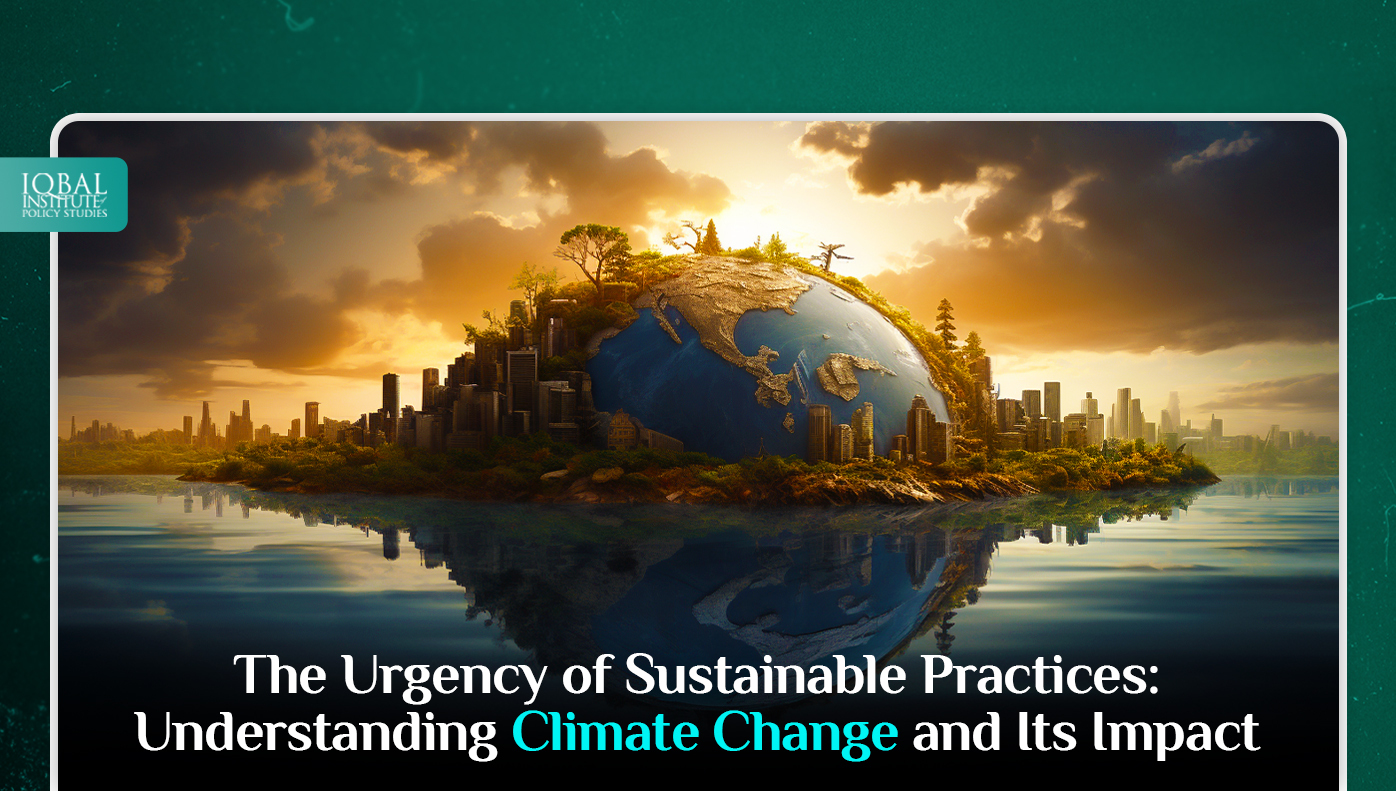Sustainability, at its core, embodies the principle of responsible stewardship for our planet’s resources and well-being. It signifies a balanced and harmonious coexistence between human activities and the natural world, aimed at meeting the needs of the present without compromising the ability of future generations to meet their own needs. In practical terms, sustainability encompasses a holistic approach to decision-making that considers economic, social, and environmental factors. It involves making choices that minimize negative impacts on ecosystems, promote social equity, and ensure long-term viability.
Sustainable Practices
Sustainable practices involve using resources efficiently, reducing waste and pollution, conserving energy, and supporting biodiversity. This concept extends across various sectors, from business and agriculture to urban planning and consumer behavior. It also emphasizes the need to address global challenges, such as climate change, by promoting renewable energy sources, reducing carbon emissions, and fostering resilient communities. In essence, sustainability is a commitment to living in harmony with our surroundings and leaving a positive legacy for future generations. It’s a call to recognize the interconnectedness of all life on Earth and to embrace practices that enable us to thrive without compromising the planet’s health and vitality.
The Importance of Addressing Climate Change
The importance of addressing climate change in the present day cannot be overstated. Our planet is at a critical juncture, with the consequences of climate change becoming increasingly evident and impactful. From rising global temperatures and melting ice caps to more frequent and severe weather events, the signs of an unstable climate are all around us. Immediate action is essential to mitigate the devastating effects that climate change can bring to ecosystems, economies, and communities. Left unchecked, climate change can lead to food and water shortages, displacement of populations, loss of biodiversity, and economic instability. Vulnerable communities, often the least responsible for causing climate change, bear the brunt of its impacts.
Addressing climate change requires a global effort that transcends borders and ideologies. Transitioning to renewable energy sources, reducing greenhouse gas emissions, conserving resources, and promoting sustainable practices are vital steps to secure a sustainable future. The present day provides a crucial window of opportunity to make these changes and to forge a path towards a more resilient and equitable world. By taking decisive action now, we can contribute to safeguarding the planet for current and future generations. The urgency to address climate change rests on the understanding that our choices today will shape the world we leave behind, and by acting promptly, we can ensure a livable and thriving planet for all.
The Reality of Climate Change
The reality of climate change is an undeniable and pressing global concern. Scientific consensus affirms that Earth’s climate is undergoing significant shifts due to human activities, primarily the emission of greenhouse gases into the atmosphere. This phenomenon is leading to a series of alarming changes that impact our environment and ecosystems. One of the most apparent indicators of climate change is the rise in global temperatures. Average temperatures are increasing at an unprecedented rate, causing the melting of glaciers and ice caps and contributing to rising sea levels. These changes threaten coastal communities and exacerbate the frequency and intensity of extreme weather events such as hurricanes, droughts, and heat waves.
Furthermore, shifts in weather patterns have far-reaching consequences for ecosystems and wildlife. Habitats are disrupted, endangering various species and causing imbalances in delicate ecosystems. Ocean acidification, driven by increased carbon dioxide levels, affects marine life, from corals to fish populations, with ripple effects through the entire food chain. The reality of climate change extends beyond environmental concerns to economic and social impacts. Agricultural productivity faces disruptions due to changing weather patterns, leading to food scarcity and affecting livelihoods, particularly in vulnerable regions. Displacement of communities due to rising sea levels and climate-related disasters further strains resources and fosters social unrest.
Addressing the reality of climate change requires urgent and coordinated efforts on a global scale. Mitigation strategies, such as transitioning to renewable energy sources and adopting sustainable practices, are crucial to reduce greenhouse gas emissions. Adaptation measures, including building resilient infrastructure and fostering community preparedness, are essential to cope with the changes that are already underway. Recognizing the reality of climate change prompts us to acknowledge our responsibility to future generations and the planet. By acknowledging the undeniable evidence, we pave the way for informed action, international cooperation, and innovative solutions that can mitigate the impact of climate change and create a sustainable future for all.
The Role of Unsustainable Practices
The role of unsustainable practices in exacerbating climate change cannot be underestimated. From heavy reliance on fossil fuels for energy to rampant deforestation and unchecked overconsumption, these practices accelerate the emission of greenhouse gases and disrupt the delicate balance of ecosystems. Unsustainable agricultural methods and industrial processes contribute to pollution and habitat degradation, driving species extinction and threatening the intricate web of biodiversity that sustains life on Earth. The cumulative effect of these actions intensifies the effects of climate change, leading to more frequent and severe weather events, rising sea levels that imperil coastal communities, and ecological imbalances that reverberate through entire ecosystems. Addressing the role of unsustainable practices is paramount for mitigating climate change and safeguarding the planet’s future. It necessitates a profound shift towards more responsible, regenerative, and environmentally conscious approaches across various sectors, from energy production and transportation to agriculture and consumer behavior. Only through collective and immediate action can we hope to curb the destructive influence of unsustainable practices and create a more sustainable and resilient world for ourselves and generations to come.
The Importance of Sustainability
The importance of sustainability lies in its power to shape a harmonious and secure future for both humanity and the planet. Sustainability ensures that we meet our present needs without compromising the resources and opportunities available to future generations. It’s a commitment to responsible stewardship of the environment, promoting equitable social systems, and maintaining economic viability. By adopting sustainable practices, we can mitigate the adverse effects of climate change, conserve dwindling natural resources, and protect biodiversity. Moreover, sustainability fosters resilience in the face of environmental and social challenges, reducing vulnerability to disruptions in ecosystems, economies, and communities. Embracing sustainability is not just a choice; it’s a necessity to address the interconnected global challenges we face today. Whether in individual choices, corporate strategies, or governmental policies, the principles of sustainability pave the way toward a more equitable, vibrant, and enduring world for current and future generations.
Building a Sustainable Future – The Call to Action
The call to action for building a sustainable future resonates with urgency and opportunity. As the effects of climate change become more pronounced, the need to adopt sustainable practices has never been greater. It’s a collective responsibility that transcends borders, cultures, and generations, requiring swift and coordinated efforts on a global scale. By embracing renewable energy, reducing carbon emissions, and practicing responsible consumption, we can significantly contribute to a healthier planet and a more balanced ecosystem. Building a sustainable future demands us to rethink our relationship with nature, promote social equity, and create resilient communities capable of withstanding the environmental challenges that lie ahead. It’s a chance to harness innovation and creativity in ways that propel us toward a world where ecosystems flourish, economies thrive, and every individual enjoys a high quality of life. Each action, whether small or large, contributes to this transformative journey. Through conscious choices and collaborative efforts, we can ensure that the legacy we leave behind is one of resilience, vitality, and progress—a future where sustainability is not just an aspiration, but a lived reality shaping the very fabric of our existence.
The Way Forward
The way forward toward a sustainable future requires a multi-faceted approach that engages individuals, communities, businesses, and governments. Education and awareness campaigns can empower people to make informed choices and adopt eco-friendly practices. Governments play a pivotal role by enacting and enforcing policies that incentivize renewable energy adoption, promote sustainable land use, and regulate emissions. Businesses can drive change by integrating environmental considerations into their strategies, embracing circular economy principles, and investing in innovative technologies. Collaborative efforts, such as international agreements like the Paris Agreement, facilitate coordinated global action. Embracing innovation and research can lead to breakthroughs in sustainable technologies, aiding the transition toward a carbon-neutral society. By fostering a culture of responsibility, collaboration, and forward-thinking, we can collectively pave the way for a world that thrives on the principles of sustainability, ensuring a brighter and more resilient future for all.
Conclusion
In conclusion, the imperative to address climate change and embrace sustainability is a defining challenge of our time. The reality of climate change’s impact is evident in rising temperatures, erratic weather patterns, and environmental disruptions. The role of unsustainable practices in exacerbating these issues underscores the urgency for change. The importance of sustainability lies in its holistic approach, harmonizing environmental preservation, social equity, and economic viability. As we heed the call to action, we recognize that building a sustainable future is not just a lofty ideal but a practical necessity to secure our planet’s well-being for generations to come.
The journey toward sustainability requires collective efforts across all sectors of society. It calls for innovative solutions, responsible consumption, and policies that prioritize the planet’s health. By adopting renewable energy, reducing carbon emissions, and fostering resilience, we can reshape the trajectory of our world. As we tread this transformative path, we acknowledge the power of collaboration, education, and individual choices. The way forward is not without challenges, but it is rife with opportunities to create a world where ecosystems thrive, economies flourish, and societies prosper. By uniting in purpose, we can navigate the complexities of climate change, laying the foundation for a sustainable, equitable, and resilient future.
This article is written by Shahmeer Adnan. Shahmeer is a research analyst at the Iqbal Institute of Policy Studies (IIPS).



Leave a Reply